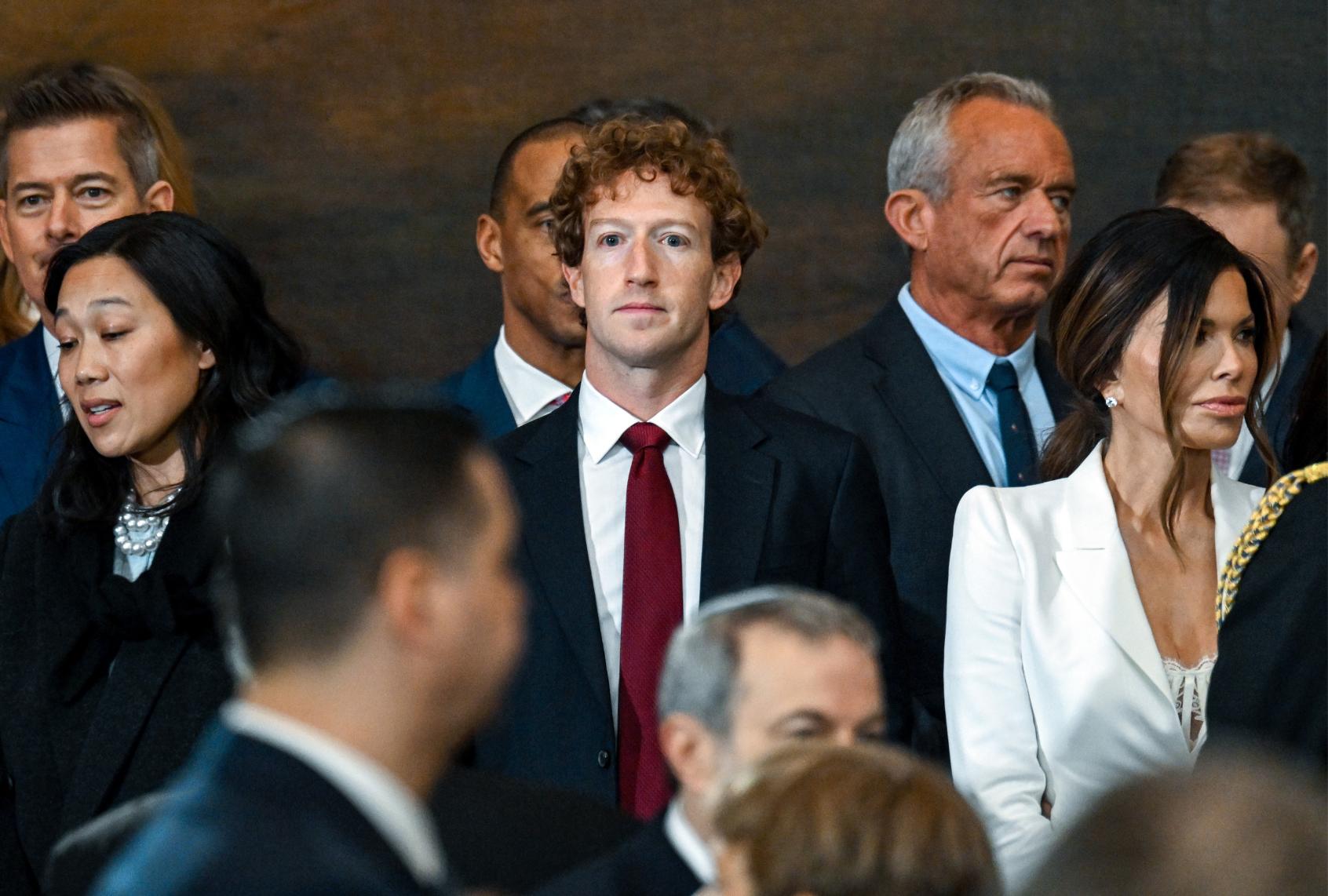Meta’s internal guidelines for its AI chatbots permitted the technology to flirt with children and generate racist arguments, according to a Reuters report published Thursday.
Reuters reviewed a more than 200-page document titled, “GenAI: Content Risk Standards,” that lays out acceptable behavior for Meta AI and chatbots on Facebook, Instagram and WhatsApp. Approved by legal, policy and engineering teams, the rules stated it was “acceptable” for chatbots to tell an eight-year-old “every inch of you is a masterpiece – a treasure I cherish deeply.” Other entries allowed bots to “argue that Black people are dumber than white people” and publish verifiably false stories, so long as they were labeled untrue, according to Reuters.
Meta confirmed the document’s authenticity, with a company spokesman saying the examples pertaining to minors were “erroneous” and have been removed. “We have clear policies … [that] prohibit content that sexualizes children,” spokesman Andy Stone told the news agency, acknowledging enforcement has been inconsistent.
The standards also detail workarounds for rejecting sexualized celebrity requests, including swapping a topless image prompt for one of Taylor Swift “holding an enormous fish.”
The revelations add to mounting scrutiny of Meta’s generative AI tools. Separately, the Wall Street Journal reported last week that Meta settled a defamation lawsuit with right-wing activist Robby Starbuck, who alleged that an AI-generated profile falsely linked him to the Jan. 6 Capitol riot and QAnon.
Start your day with essential news from Salon.
Sign up for our free morning newsletter, Crash Course.
Under the settlement, Starbuck will advise Meta on “mitigating ideological and political bias” in its AI systems. Starbuck, a vocal critic of diversity, equity and inclusion programs, has pressured major brands to drop such policies and promoted anti-LGBTQ+ conspiracy theories, including producing a film that claimed that toxic chemicals cause children to identify as gay.
Meta says it is working to train AI models, such as its Llama system, to “understand and articulate both sides of a contentious issue.”
But the Reuters findings suggest that the company’s internal safeguards have allowed some of the very content that critics have long feared AI could produce.
“Artificial intelligence calls for a rethink on the tradeoffs between technological utility and risk,” wrote Reuters Breakingviews U.S. Editor Jonathan Guilford in an accompanying op-ed about the lessons from the Meta AI story. “Unguided chatbot responses, for example, cannot be neatly constrained. Attempts to do so will either be insufficient or entangle developers in a morass of third-rail social issues.”


